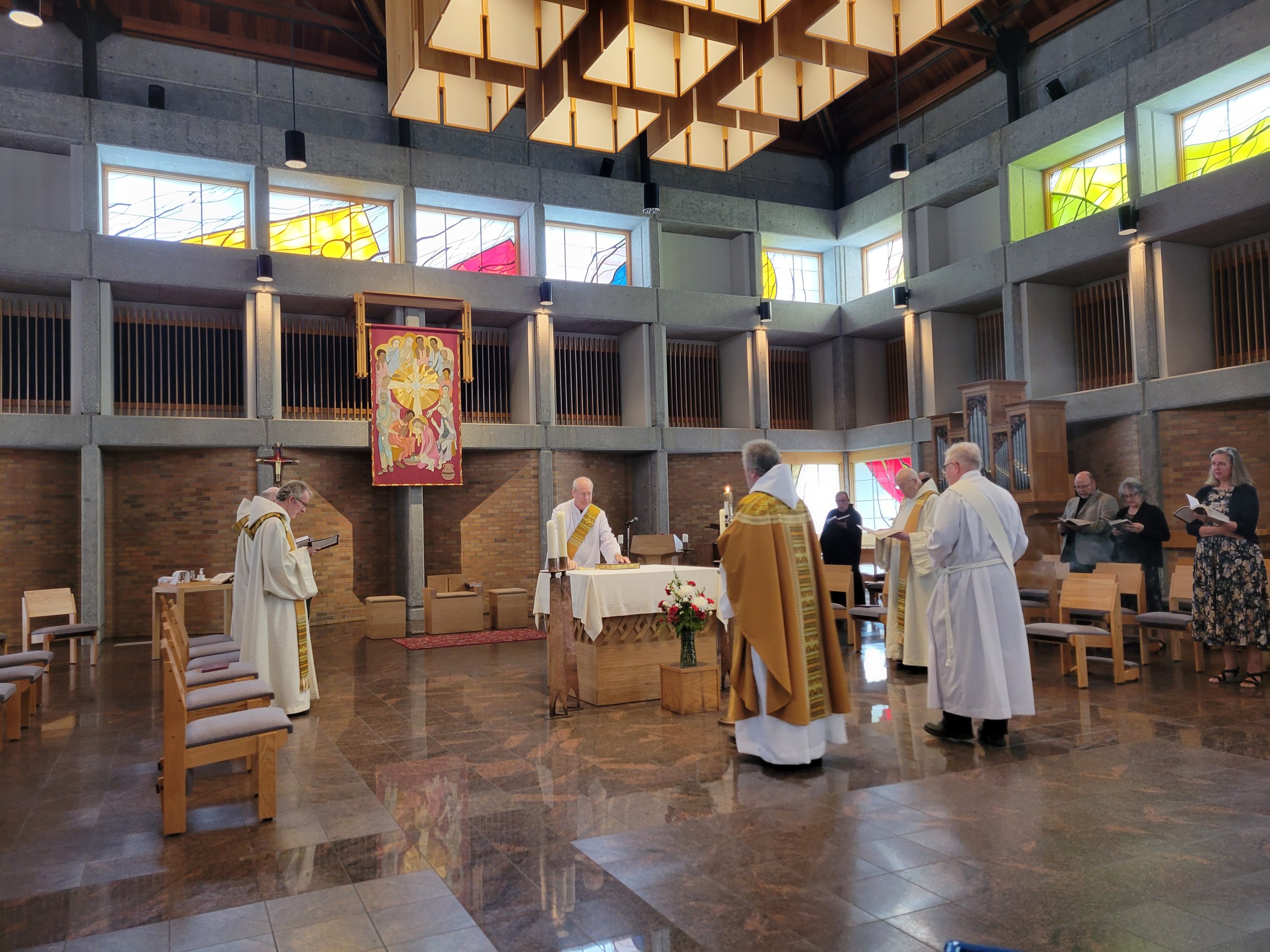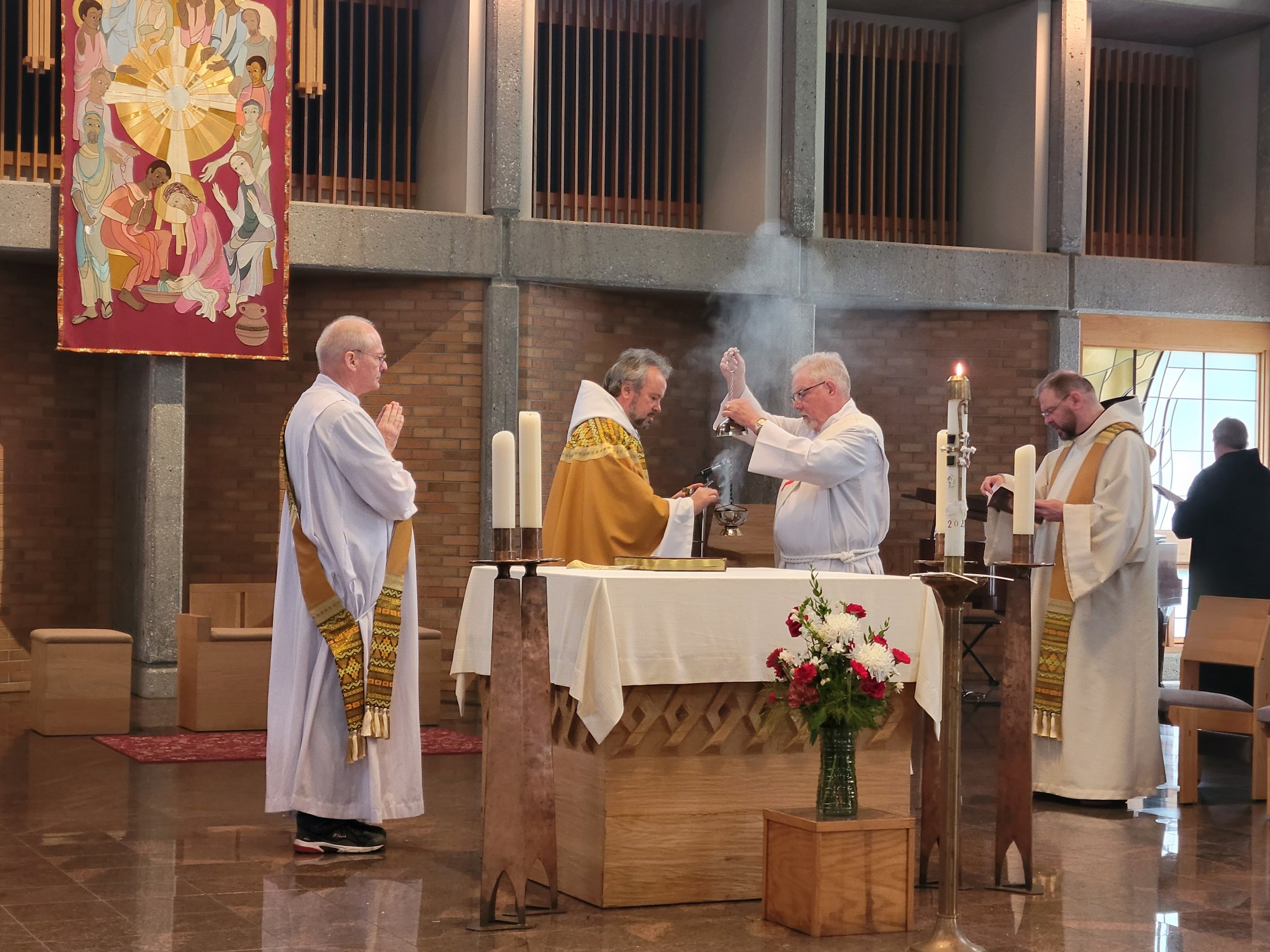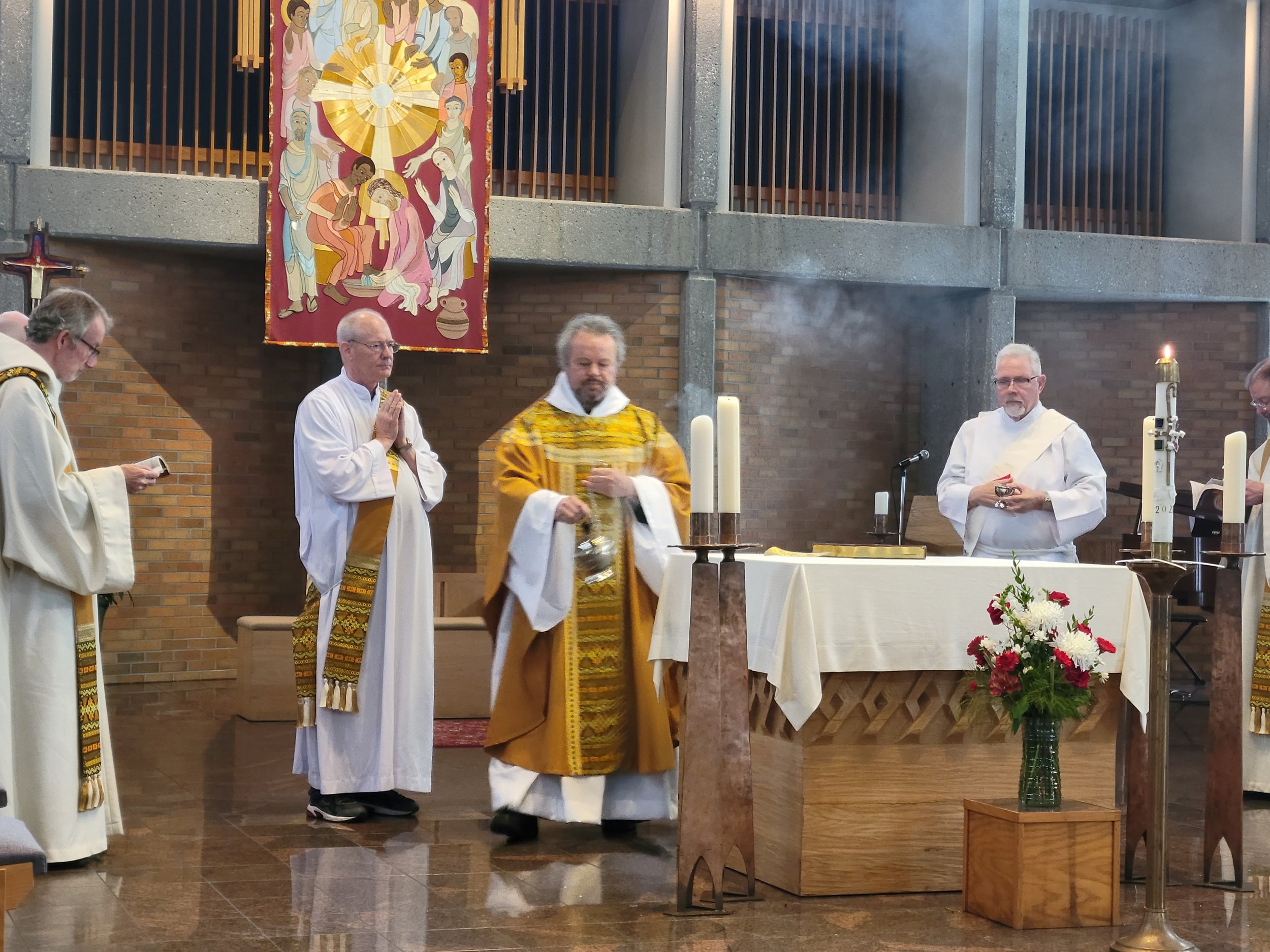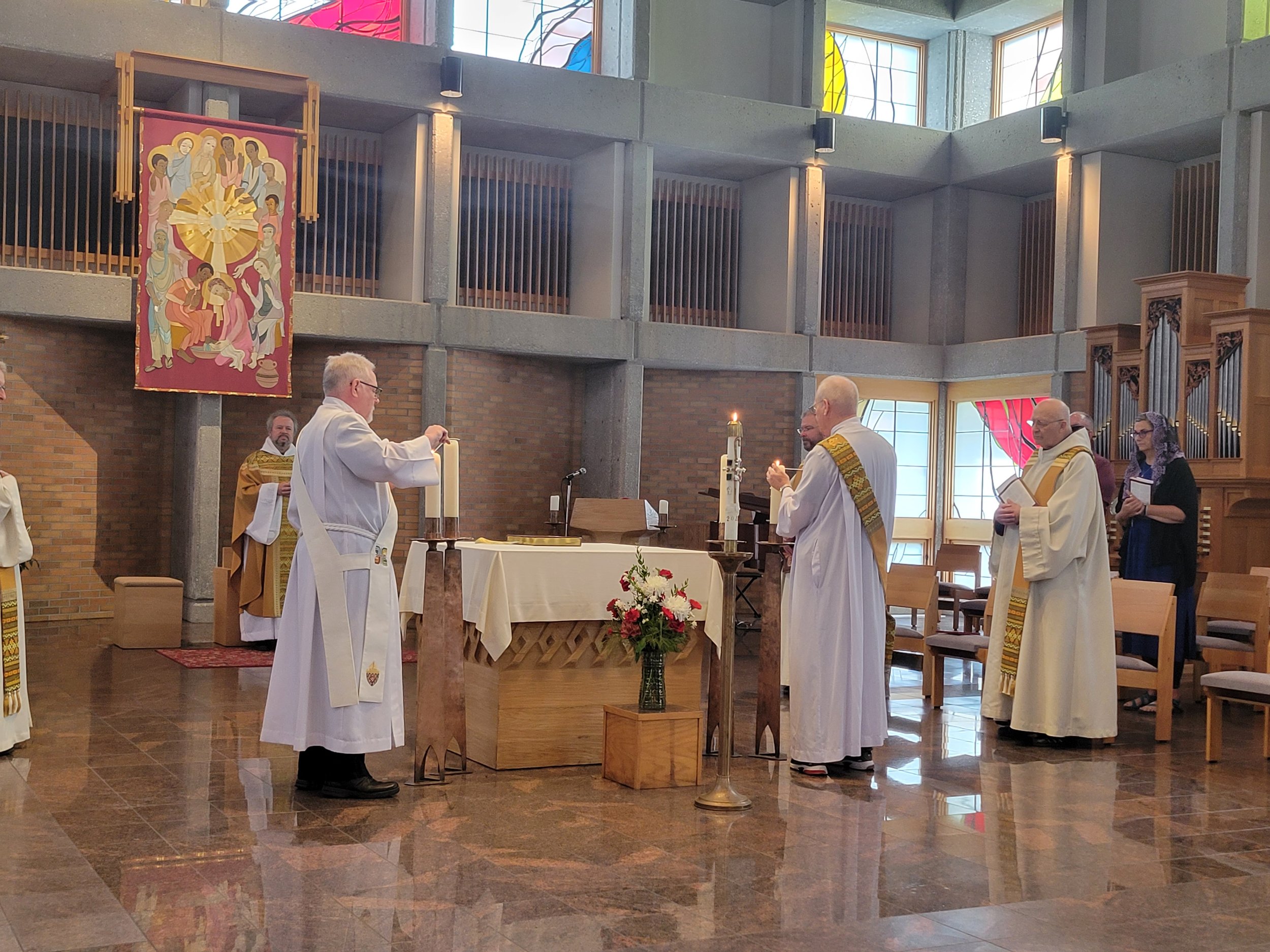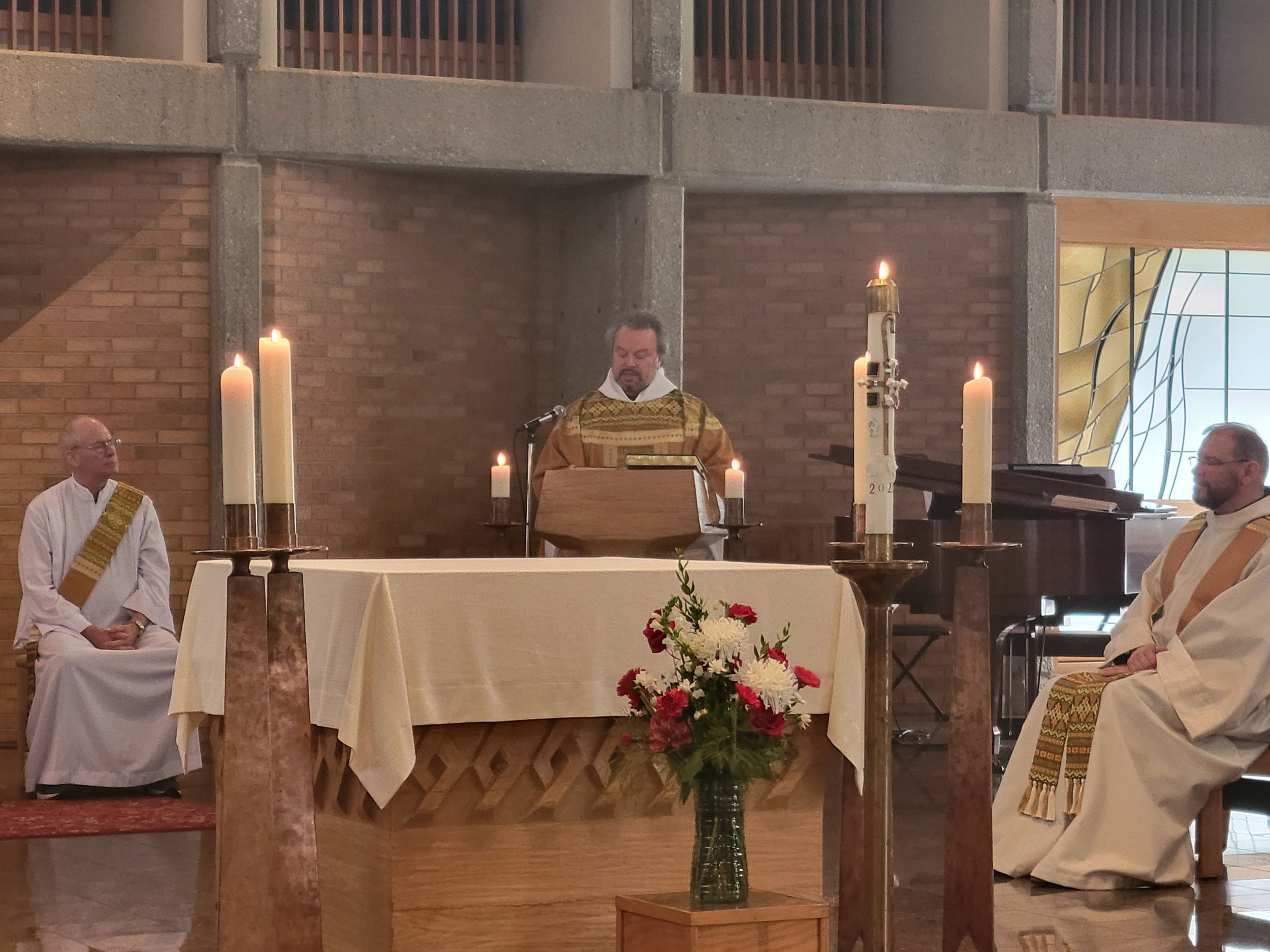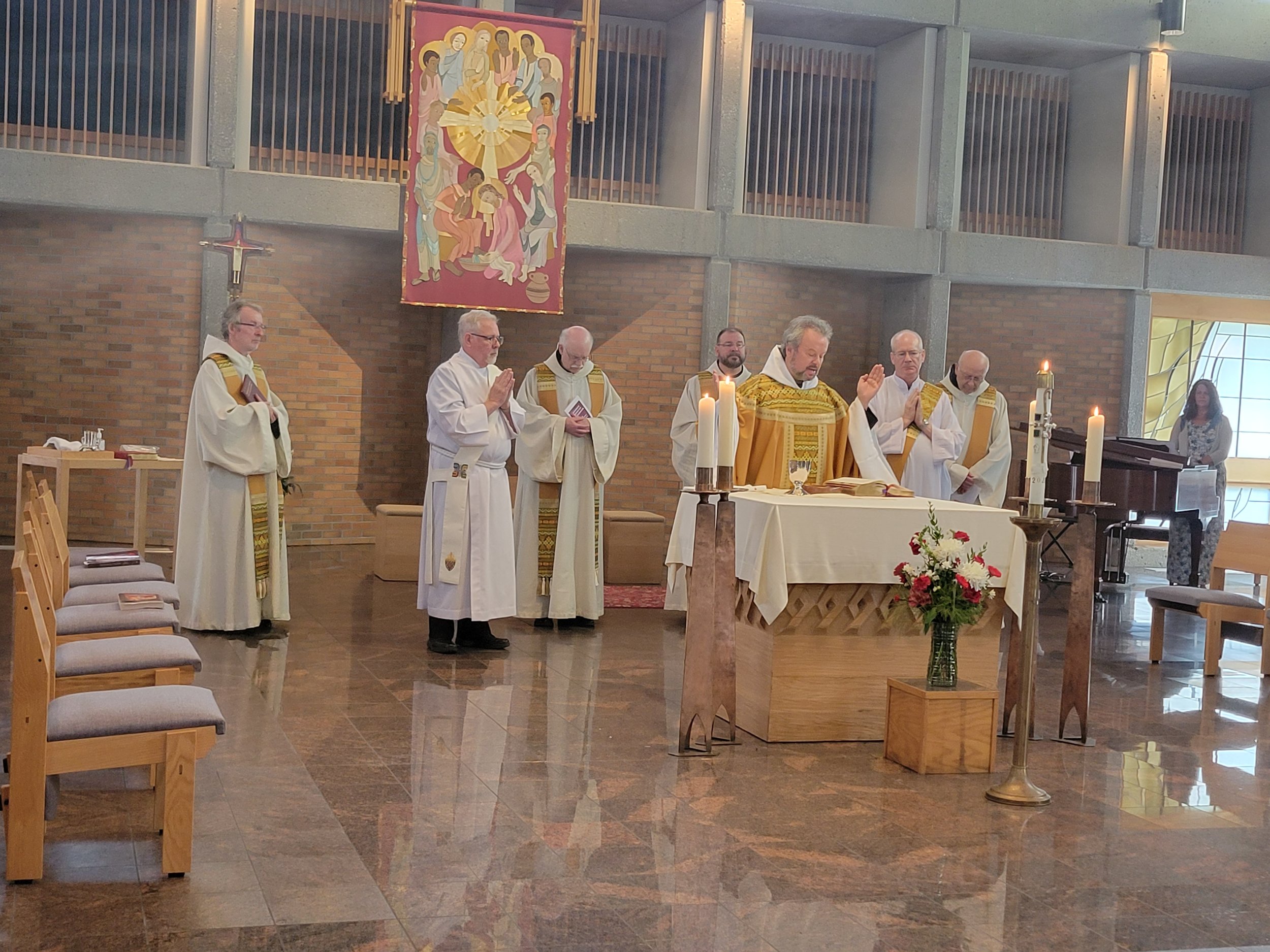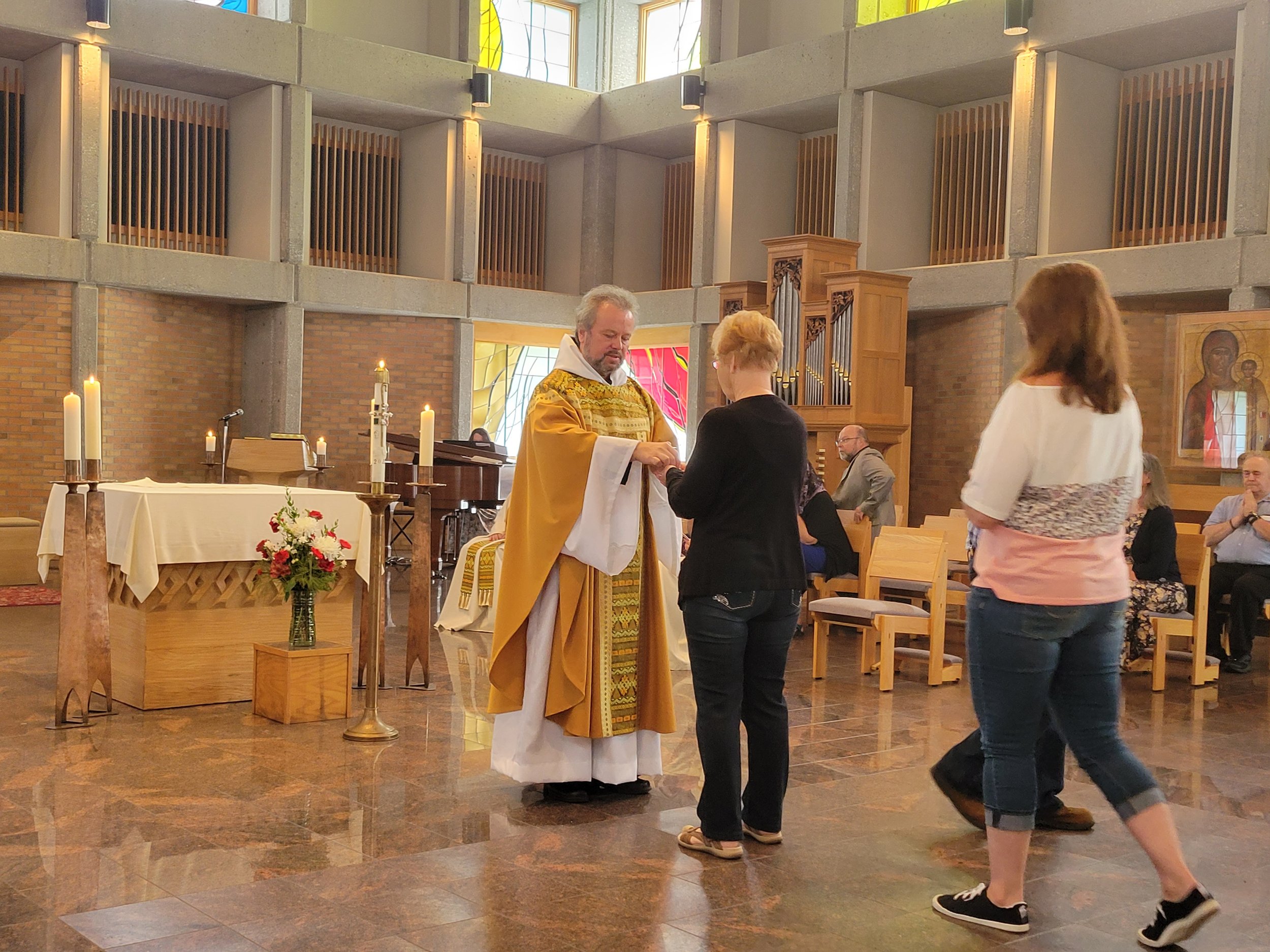Lk 14:1.7-14
Sir 3:17-18.20.28-29
Hebr 12:18-19.22-24
focus: Being a Christian makes it possible for us to be humble, to be realistic and to be humorous.
The following wisdom story made me chuckle: One day a little bird lay on his back and raised his legs toward heaven. Another bird came, sat down besides himand asked: “What are you doing? Are you dead?” – “No, I am not dead,” was the answer. “Why are you laying here keeping your legs so stiff?” – “Don’t you see what I am doing? I am supporting the sky with my legs! If I pull in my legs and let go of the sky, it will collapse and fall down!” When the little bird had said this a leave fell from a tree and rustled a little. This frightened him. He turned around and flew away; and the sky didn’t fall down!
The little bird thought that without him the whole world would collapse; but it didn’t. This was a good reality check!
Also today’s gospel is a reality check. Jesus speaks about the places of honor at a wedding feast; and he gives the advice not to choose the place of greatest honor. A more distinguished guest could arrive late and then the person who sits at the place of honor may be asked to step down. Very embarrassing! One should rather choose the lowest place!
What Jesus is saying here is a rule for prudent behavior at social events; but it is more than that. “Everyone who exalts himself will be humbled; but the one who humbles himself will be exalted.” The attitude of humility, which Jesus illustrates, isn’t only politeness. Rather it’s a way of viewing ourselves and others. It also, shows something about our relationship with God.
Our English word humility comes from the Latin word humus, which means earth or ground. Humility means: being on the ground, connected with the earth; being grounded in the earth like a tree which is rooted and, therefore, stands firm. It can’t be overthrown by the wind. Humility means being down to earth, realistic. It means being aware of our reality, of who we are, also with our limitations and weaknesses.
The word humility is related with humor, too. A humble person doesn’t take himself/herself too seriously and can smile or even laugh about himself/herself. Stories about Pope Saint John XXIII can come to mind here: Visiting a hospital, he once asked a boy what he wanted to be when he grew up. The boy said, “Either a policeman or a pope.” – “I would go in for the police if I were you,” the pope said. “Anyone can become a pope, look at me!
Another anecdote: Saint John XXIII had a conversation with a newly appointed bishop who came to him—for the first time—in private audience and complained: “Holiness, since I received my new office I can’t sleep anymore.” – “Oh,” John answered with a compassionate sound in his voice, “the same happened to me during the first weeks of my pontificate. But then I saw in a daydream my guardian angel; he told me: ‘Giovanni, don’t consider yourself too important.’ Now I sleep again.” Pope John XXIII could sleep calmly in spite of his immense tasks because he was humble and humorous, because he viewed the working of God’s Spirit to be much more important that anything that he could do out of himself.
We are created by God according to God’s image and likeness. We are given, as Vatican Council II says, “the sublime dignity of the human person.” Humility also means seeing and acknowledging the good things within ourselves, our greatness — and knowing that every good thing comes from God. All that we have, our strengths, our abilities and talents, all these are gifts from God. St. Paul writes, “It is no longer I who live. Christ lives within me.” And, “Don’t you know that you are God’s temple, that the Holy Spirit lives within you?” Our true reality is that the Triune God lives within us. Within us there is a place where God dwells in us. There our real worth, our dignity originates which we don’t have to earn and which nobody and nothing can take away from us. Humility means living this freeing message of Holy Scripture.
My sisters and brothers, being a Christian makes it possible for us to be humble, to be realistic regarding our greatness and our shortcomings, and to be humorous. Aren’t we sometimes like the bishop worrying too much about what we, with our own strength, can do or can’t do? Or like the small bird who tried to bear the whole sky with his little legs?
Of course, it is good to see what’s going on, to do something, to use our energy, and to take over responsibility, where it is appropriate. However, it would be pride to think that everything depends upon us, that we have to do – and can do everything alone. That would be the contrary of humility.
Jesus is calling us to humility today. Let’s open our hearts to this freeing gospel. If we do that then we don’t have an all too great need to seek the places of honor in life. Then we become similar to Jesus who said about himself:
“I am meek and humble of heart. My yoke is easy and my burden light.” AMEN.


